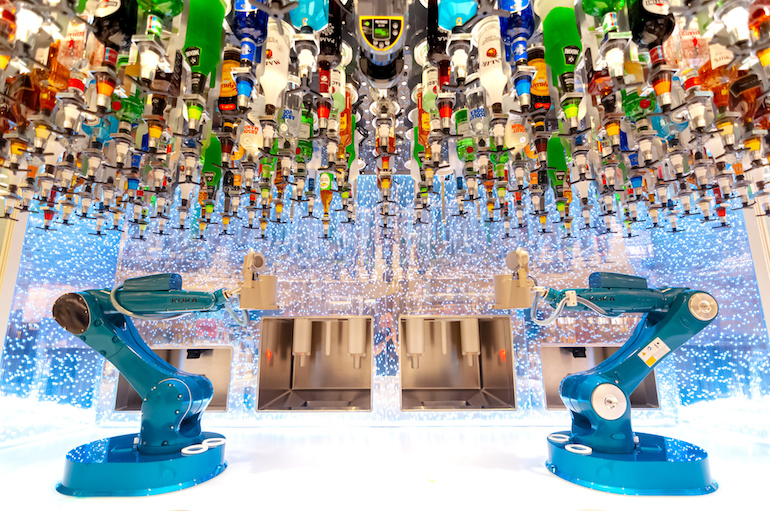Startups are leveraging the power of automation and the pace of adoption will increase in 2022 and beyond, as more startups use automation to increase their productivity and punch above their weight in the post-pandemic rebuild phase.
Automation this year moved beyond being just for big businesses with deep pockets. It is the currency that buys time.
Every startup has an undertow of dull and repetitive tasks that seldom change and suck time out of the day. Look at your HR and payroll, sales, finance, IT and operations tasks.
These tasks are ideal candidates for automation as you’re doing the same things each day, week, month or quarter. Instead of a manual task taking hours, time can be drastically reduced and accuracy increased.
One of the biggest barriers for startups is having the budget to hire all the people you need. Intelligent automation services, that let you do more with less, offer monthly subscription plans that can help you boost productivity, competitiveness and the wellbeing of lean teams. And it can do it without costly outlay for new systems or software licenses.
Startups don’t have an unemptiable tank of resources. Robotic Process Automation (RPA) gives startups the tools they need to automate.
There is a significant time saving as automated processes can execute faster than humanly possible, meaning reports or analysis can be updated continuously and in real-time giving you unparalleled insights not otherwise possible. Automation is also less prone to error and it never gets tired so you know you’re getting the most accurate data.

Leigh Pullen
RPA puts tools in the hands of startups and allows you to automate processes and tasks without writing software code. Using drag-and-drop tools, you can automate tasks such as bank reconciliation. It’s not only a huge time saver but can reduce accounting errors and ensure you don’t break any tax or other rules. And because software is doing the work, you reduce the risk of sensitive data being accessed by the wrong person.
Automation can help startups be even more attractive to new hires by reducing the number of boring, repetitive and highly manual tasks required in a role. Automation can free lean teams to focus on higher value, more meaningful and interesting work and can spend more time delighting customers and generating innovative ideas.
Attracting new talent is a major challenge. But automation can eliminate boring tasks and offer new hires ongoing flexibility and remote working arrangements. By digitally transforming and automating processes, you can create happy staff who enjoy their work, are passionate about your startup’s vision, and are freed from monotonous tasks that sap their energy.
They will enjoy improved workplace wellbeing, will be more loyal and will help you hit growth targets much faster.
As we approach 2022, startups will increasingly harness service providers that deliver intelligent automation using the cloud and SaaS with a ‘per use’ pricing model that negates the need for up front capital investment in hardware or software licenses, or the need to increase headcount.
Leveraging automation also means that startups can support their people more in training and development focusing on the human skills robots can’t replicate, such as creativity, problem solving, collaboration and innovation.
In 2022 more startups will start investing in the power of automation to enhance productivity, save time and money, boost competitiveness, reduce errors and improve staff wellbeing and happiness.
* Leigh Pullen is CEO of CiGen on Demand
Credit: Source link



